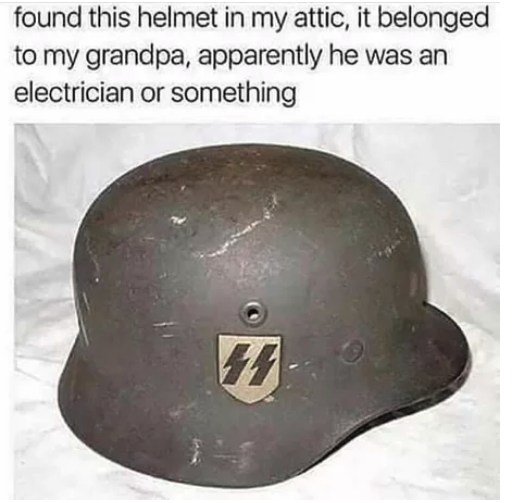Mr. Williamson, a one trick pony? I think not. If you're going to claim to be an experiential educator then you need to practice the art of immersive education in more than one medium.
Long before I founded the Christa McAuliffe Space Education Center I ran multiple simulations in my classroom in addition to the poster board space simulations. My social studies simulations were my students' favorites - just as popular as the poster board and overhead projector space expeditions. Now that I'm back in the classroom, I have the opportunity to bring the historical simulations back so a new generation of students can enjoy learning by experience.
In addition to directing the Space Academy at Renaissance Academy, I teach 6th grade world history and math. I take my daily 50 minute history period and break it into three segments. The largest block of time is spent learning ancient history. We're currently studying ancient Rome. A smaller portion of time is spent discussing current world affairs. The last time segment is reserved for modern history. In modern history the class is moving its way crisis by crisis to summer 1914 and a historical flash point in Sarajevo, Bosnia Herzegovina.
As you can see in the two photos below, there are troubles brewing in the Balkans.
My class is playing Russia's part in the build up to World War I. Newspapers go up nearly every day outside my classroom on the door and on the doorway. My students know to read the news as they arrive. This sets up the class discussions for that day.
Three students play the ambassadors from the triple alliance nations: Austria - Hungary, Germany, and Italy.
The Triple Entente is represented by student ambassadors representing France and Great Britain. We have an American ambassador who pretty much is docile until the sinking of the Lusitania.
My class plays Russia's part in the Entente. A picture of Tsar Nicholas and Alexis the Tsarevich hangs on the front wall. The Tsar is never seen nor heard. He is too high and mighty to dirty his hands with trivial matters, leaving most things to the Prime Minister, played by one of my sharpest students named Lalith.
Lalith's office is at the back of the classroom. Behind his desk is the Imperial Russian Flag.
Currently the class is desperately trying to raise funds to rebuild the nation's navy. The Imperial Bank prints class money. I use photocopied money collected during my world travels.
The students are taxed weekly. The taxes are used to fund government projects, like rebuilding the navy. The ambassadors are exempt from taxes but must pay rent and utilities for their embassies.
I started doing the historical simulations at Central Elementary School in Pleasant Grove in 1983. They ran every year until I opened the Christa McAuliffe Space Education Center in 1990.
 |
| The British Prime Minister's office. Room 20. Central Elementary School 1985 |
 |
| The disappearing German population. The class was playing Germany's role in the start of World War II. |
 |
| Jesse was the German Chancellor during the German Weimar Republic. He couldn't stop hyperinflation from destroying the savings of most of the students in the class. 1985 |
A darkness will soon descend on the classroom as time carries us to 1914. Hard lessons will be learned and fortunes lost. Such is the way of things. Such is the glory of experiential education.
Mr. Williamson































































































































































































































































No comments:
Post a Comment